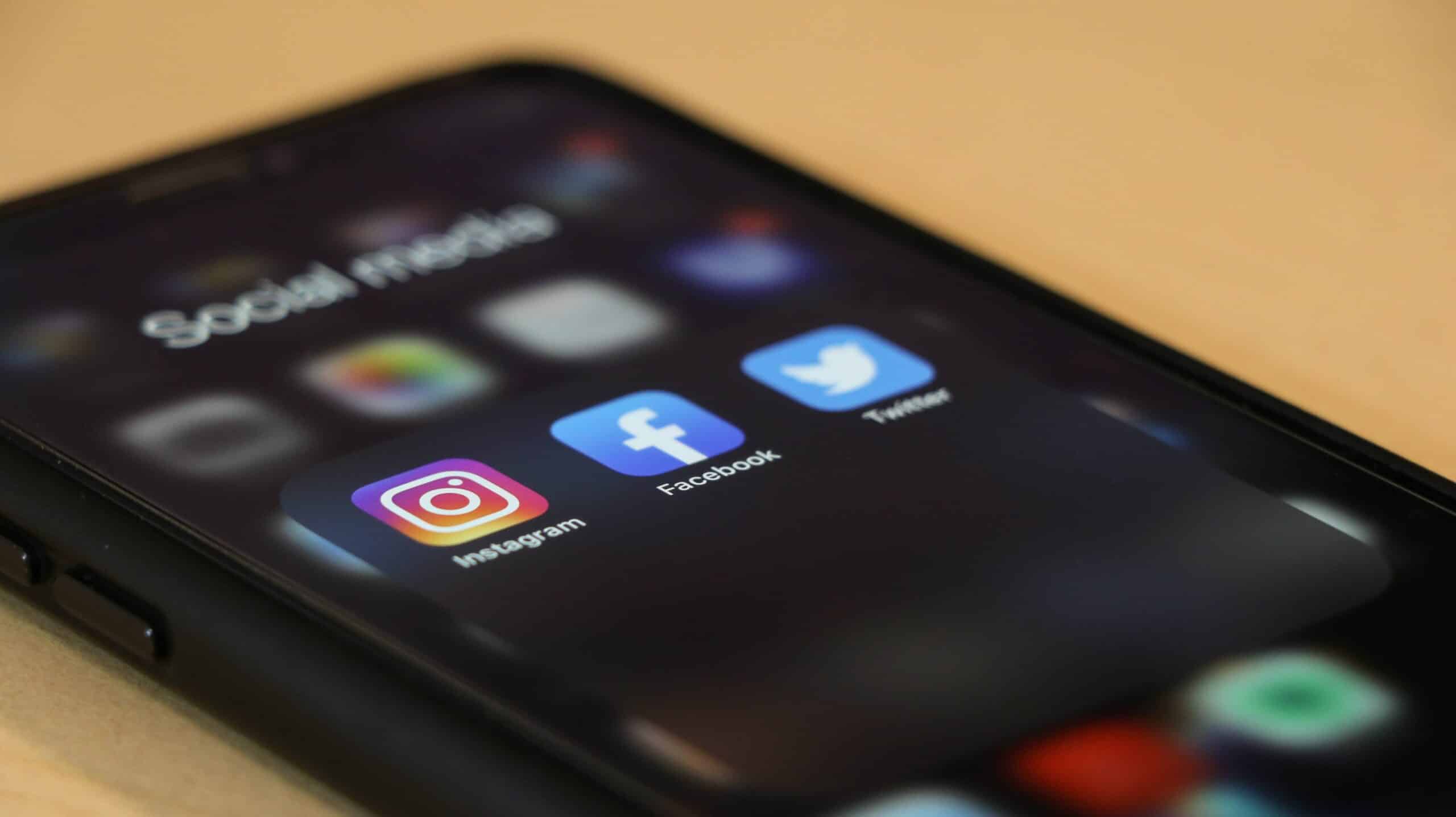Choose an Option
“A million likes won’t make you like yourself…”
AHH, SOCIAL MEDIA
We love to use it. We love to hate it. And we love to post Simpsons-related memes on it to help us cope with life. Since it first hit the scene in the early noughties, social media has had a profound impact on how we relate to ourselves, to others and the world around us. It gets a bad wrap, but it’s not all bad. And, particularly for an industry that relies heavily on social media to help build audiences, share content and promote events, it’s worth developing a relationship with social media that is healthy, mindful and empowered.
HOW TO SOCIAL MEDIA
Scroll mindfully
Since social media apps are now just a phone’s throw away (lol), it’s really easy to get sucked in a scrolling vortex, opening app after app, and mindlessly scrolling through feeds with little in the way of purpose or passion. This can leave us with feelings of guilt, particularly after reflecting how much time we might have wasted down a YouTube wormhole. When you open social media, reflect on a purpose–What are you doing? Why are you doing it? And perhaps, what are you avoiding?
Get clear on what platforms & why
Social media platforms operate for different purpose sand tend to affect us in different ways. Get clear on how they work, and the strategies that they use to keep you scrolling. Try to mindfully reflect on the way that certain apps make you feel when you’re using them, or how they make you feel after you’ve spent a lot of time on them. Ask yourself if certain apps are essential to your work or leisure time–and if they’re not, and they make you feel like crap, or if you’re using them purely out of habit, perhaps it’s time for a cull?
Control yourself
If you feel unable to resist the insatiable urge to open up social media apps on your phone constantly throughout the day, consider how you might put a time limit on the maximum amount of time you wish to spend on these apps? Better yet, ask which apps are completely necessary and delete the others so they’re only accessible via a web browser
Be wary of comparisons
One of the ways our mental health is hardest hit by social media is our tendency to look at how other people are “killing it” online, and unfavourably comparing it to where we are currently at. Social media rarely tells the full story, and people are consistently driven to share all the good news, without giving lots of screen time to the obstacles and challenges that they might be facing. If you find yourself feeling like everyone’s lives look better than yours online, that might be a sign to step away from the apps.
Don’t feed the trolls.
People who go online to abuse, inflame or provoke disharmony are not your friends. These people are shit-stirrers and so it’s a waste of time and energy trying to reason with, discipline or educate them. To support your mental wellbeing, avoid getting into an insult-slinging match with them on the comments section of Twitter.
Don’t believe everything you read
Be mindful that all news that’s shared on social media is not real news. In fact, the algorithms unfairly bias the type of content with the most incendiary and provocative opinions and views (that’s the stuff that gets the most engagement after all!). Check out where your news is coming from and if those sources are legitimate and reliable
FOMO is real
Another aspect of social media that can leave us feeling crappy is the fear of missing out (FOMO). Seeing other people doing cool stuff and going to cool places can leave us feeling excluded and isolated. When we’re struck with these feelings, it can be worth reflecting on the cool stuff we’ve done in the past, or that we have coming up in the future.
Connect offline
While social media is great to help us communicate and connect with each other, it’s still so important that we nurture and maintain relationships offline. Make plans to see friends and family in person, and when you do, commit to being present and connected, listen deeply, and try not to reach for your phone every five minutes.
Log off.
There’s a big world outside your phone screen and it’s calling your name. Find hobbies and activities you can engage in offline. Get your body moving with a fun or restorative exercise regime. Make time to spend in nature. All these things will do wonders for your mental and physical wellbeing.
OK.. WHAT NOW?
If you feel like your social media usage might be unhealthy or problematic…
Ask for help and recognise how your mental health might be negatively impacted by social media.
Reach out to family and friends, or find yourself a support group where people might be facing similar struggles.
Find a mental health practitioner that’s right for you
(ask around, get on Google, orask your GP for recommendations)


